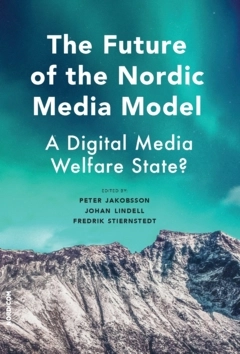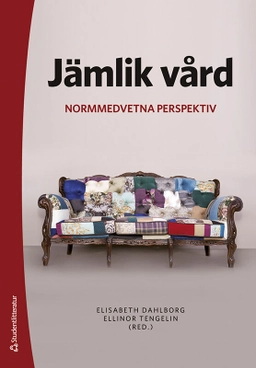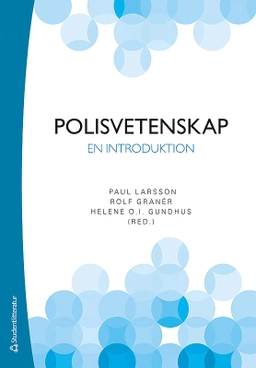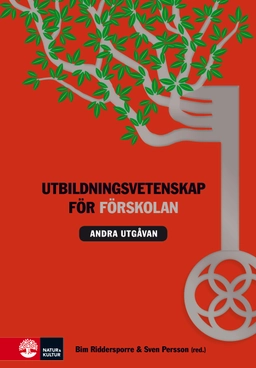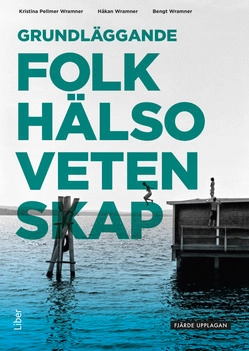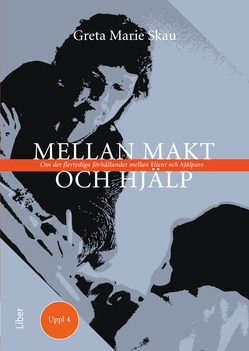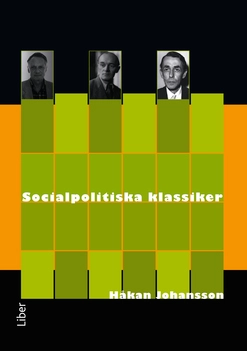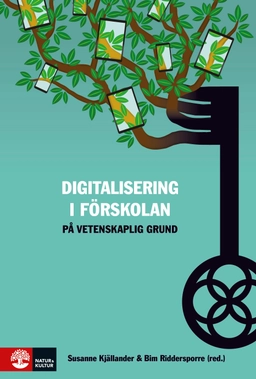The media systems of the Nordic countries have for long been characterised by universality, freedom, trust, and cooperation between stakeholders. In comparative media systems research, the Nordic countries have been described as belonging to a single model – the Nordic media welfare state. The future of this model is now more uncertain than ever, as it is under increasing pressure from global tech companies, new digital media infrastructure, and developments in media policy, which all seem to elude domestic regulatory control. These developments raise questions about both the current state and the future of the media welfare state in a digital society – questions that this edited volume seeks to explore through conceptual, theoretical, and empirical analyses. The first section of this edited volume analyses the current state of the media model in the Nordic countries and focuses on some of the challenges that the media welfare states are facing. The section provides a comparative analysis of how the media are used and how they are regulated. It also analyses specific challenges such as disinformation and hate speech and the current measures taken to tackle such issues. The second section of this volume addresses conceptual and theoretical issues regarding the concept of the Nordic media welfare state. Through both historical and contemporary case studies, the section extends the concept of media welfare by attending to digital infrastructures, libraries, environmental issues, as well as the integration of the media with other aspects of social welfare. In the final chapter of the book, the editors propose that the digital media welfare state can be expanded and adapted to the digital media landscape using the public service media companies as a platform to connect cultural institutions and citizens. This book is of interest to students, researchers, and anyone seeking to understand developments in the media industries and media policy in the Nordic countries. The chapters in this volume are written by experts in their respective fields and provide the reader with both an overview and detailed knowledge about the Nordic media model. The editors – Peter Jakobsson and Johan Lindell at Uppsala University and Fredrik Stiernstedt at Södertörn University – have collaborated in several research projects that connect to the question of the future of the digital media welfare state.
Åtkomstkoder och digitalt tilläggsmaterial garanteras inte med begagnade böcker
